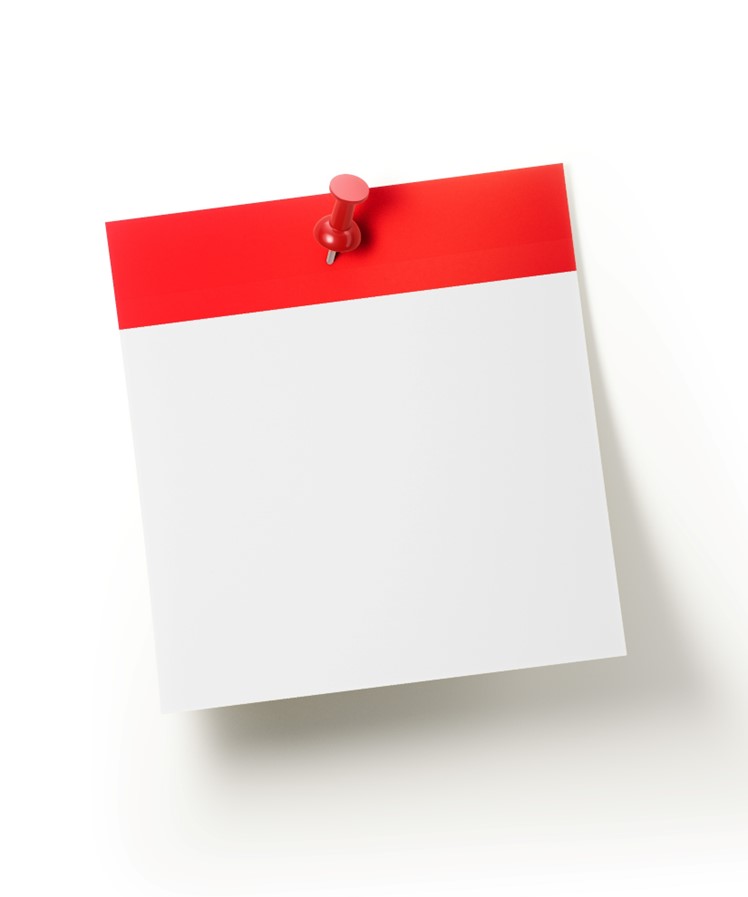Blessings Baking
Thank you to the Fellowship Baptist Church for the blessings baking 💖

Thank you to the Fellowship Baptist Church for the blessings baking 💖


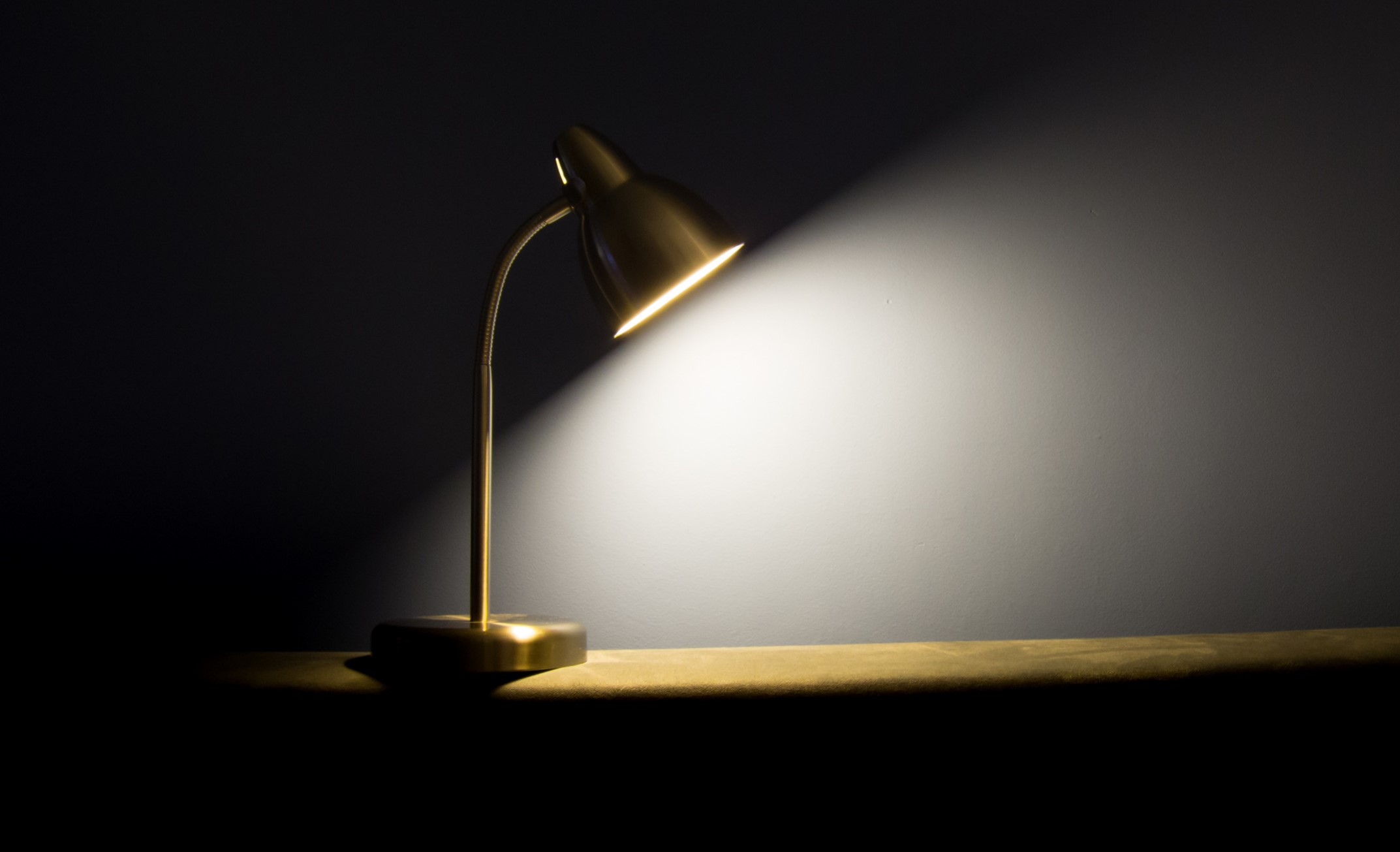

Just like that it’s Christmas Eve and the clinic elf has to return to the North Pole.
Such a fun week the clinic elf tried out the ‘incognito surveillance mode’. Practicing roller blading…in the event Santa needs him to roll through double checking the loading zone before tonight’s takeoff ![]()
![]()
![]()
![]()
![]()
![]()

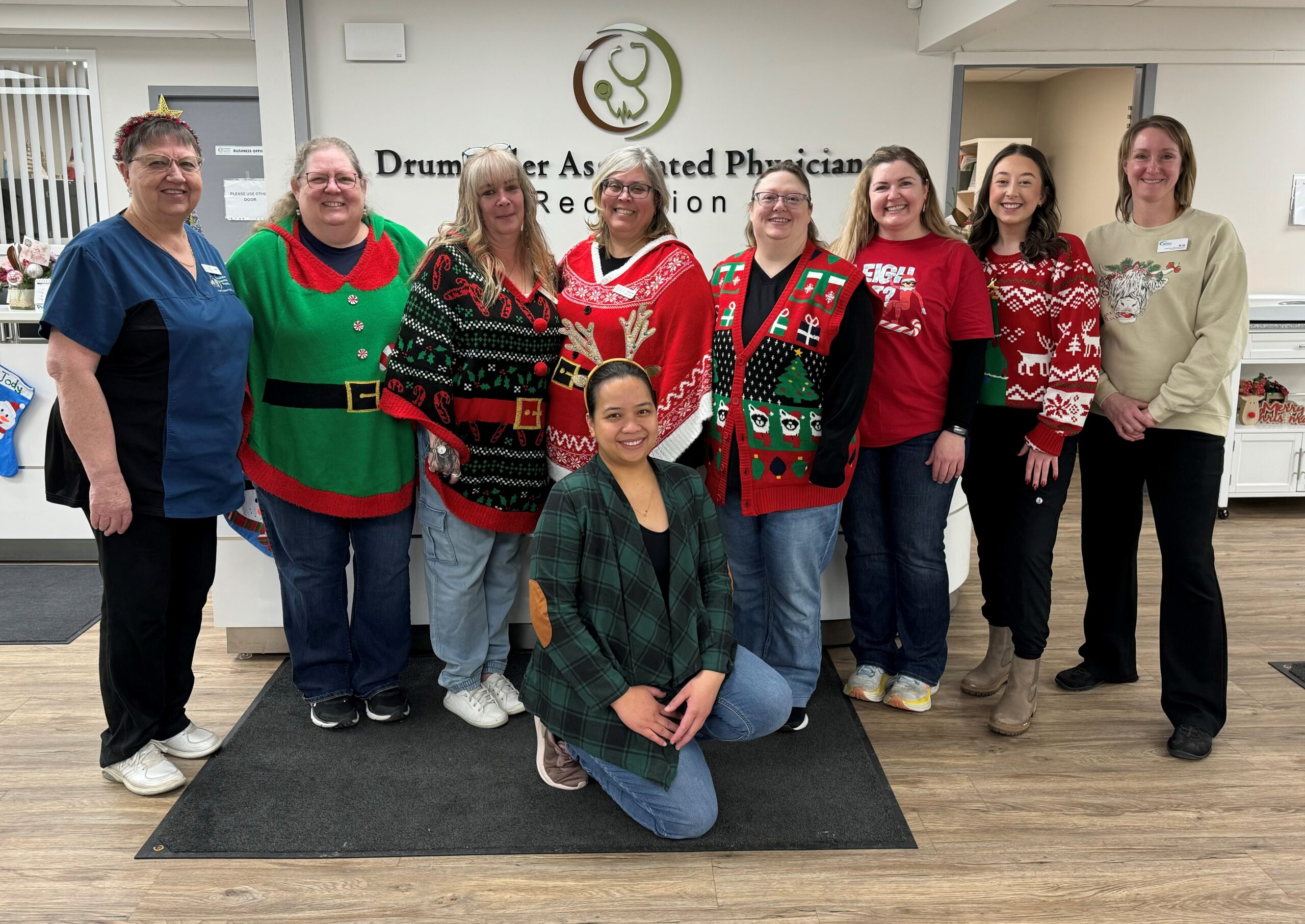
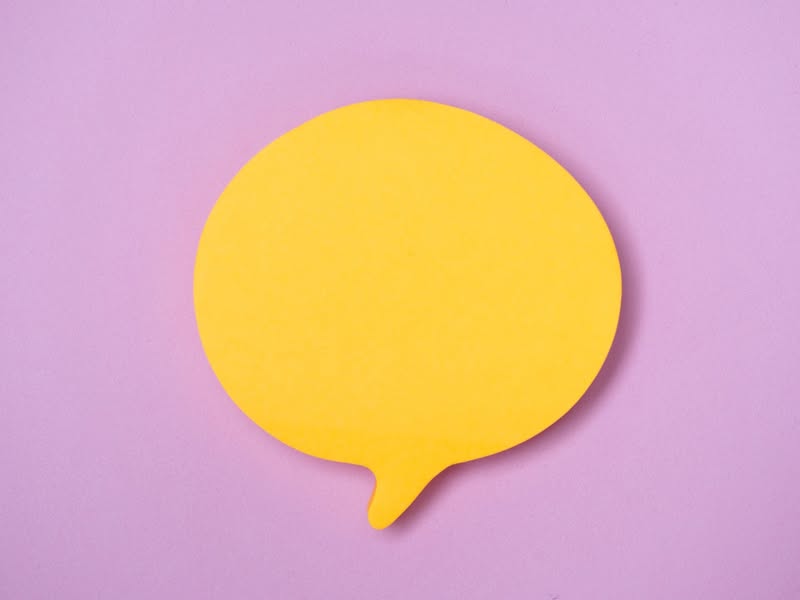
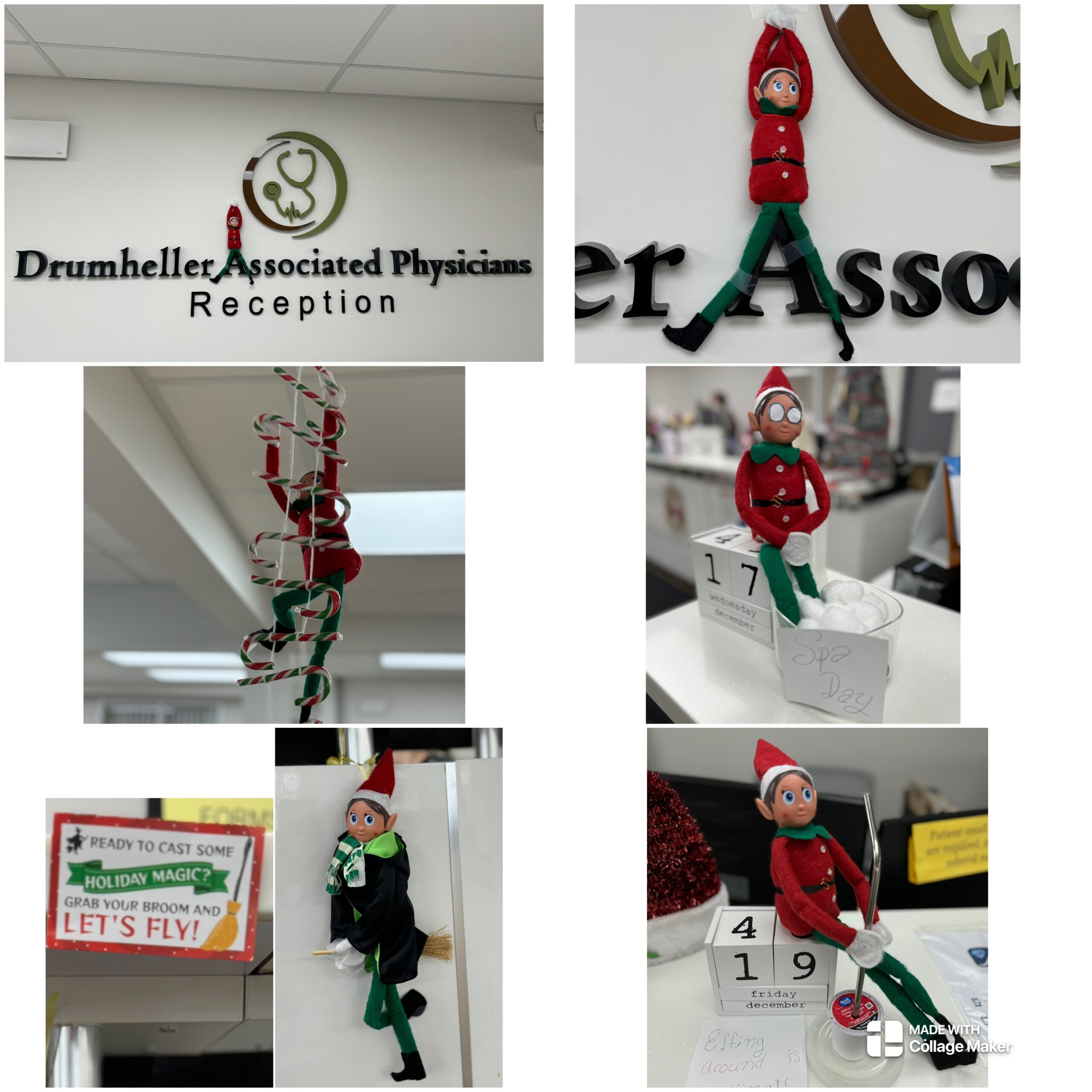
The clinic elf has been very hard at work in the week before Christmas. Reviewing the naughty or nice list from top to bottom for Santa. Took some time on Wednesday for a little selfcare (complete with cucumber slices), found a little holiday magic while playing quidditch and enjoyed a hot beverage ![]()
![]()
![]()
![]()
